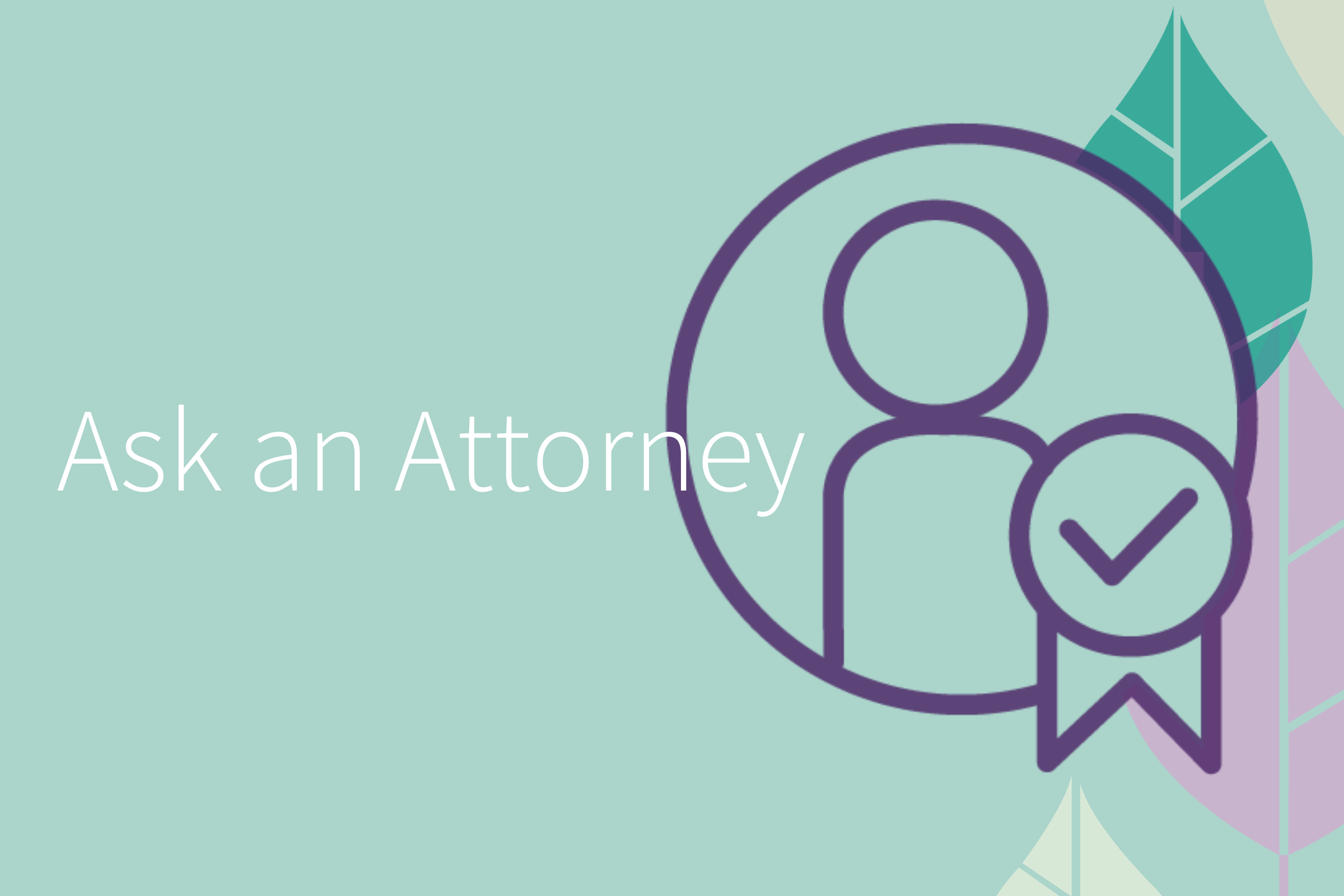
Nicole M. Flaherty Cropper is an attorney at Fafinski Mark & Johnson, P.A. in Eden Prairie, where she specializes in trusts and estates. Nicole and her family are members at All Saints Catholic Church in Lakeville, Minnesota, where she grew up. Below, Nicole helps us better understand estate planning by answering your most common questions.
What are the benefits of having an estate plan?
Completing an estate plan allows you to control what happens to you and your assets in the event of incapacity during life, a medical emergency, or terminal medical event.
Perhaps most importantly, a well-organized estate plan is a gift to your loved ones because it lessens the burden while they grieve your loss.
I’m not wealthy. Do I need to have an estate plan?
Yes. Not having a plan in place could cost your estate more than creating a plan would. Your estate and the legacy you leave behind are important no matter the size, and a gift of any amount to an individual or organization could have significant impact.
Additionally, with a smaller estate, it can be important to protect assets during life to preserve them for retirement and beyond.
What happens if I die without an estate plan?
If you don’t make a plan before you pass, Minnesota statutes will control the administration of your estate. These intestate statutes generally result in the people most closely related to you — your surviving spouse, children, parents, etc. — inheriting your assets.
When do I need to update my current estate plan?
You should review your estate plan every 3–5 years and update it anytime there is a major change in your life or the life of a named beneficiary. Examples of life events that could require an update include death, marriage or divorce, incapacity or another medical issue, chemical dependency issues, or financial issues.
Also, laws change over time. This is why it’s important to work with an attorney to complete your estate plan. My practice is to send out a notice or legal alert to all of my clients when a law changes that may impact their estate plan.
What’s the difference between a will and a trust?
Both documents allow you to design a distribution plan for after your death. However, a will must go through probate and becomes a public document through the court process. A trust can typically remain a private document.
Why would I want to avoid probate?
Probate is a court process with court filing fees, publication fees, hourly attorney fees — and it’s public. So, it can be expensive, slow, and burdensome.
Do I need an attorney to create an estate plan?
An estate plan is a plan for everything you have worked for your entire life. It creates your legacy for those individuals or organizations you care about most in life. Because of its importance, I highly recommend working with an attorney to carefully craft your plan. Do-it-yourself estate plans often lead to unintended consequences — including inter-family litigation — that can be far more expensive than the legal work you attempted to avoid in the first place.
How much does it cost to create an estate plan?
An average simple estate plan will cost $500–1,000, and a complex estate plan that requires tax planning costs $3,000–6,000+. Consider an attorney who offers free consultations and a flat fee structure. That way, you will know exactly what the cost will be after the consultation.
What are some easy ways to include charity in my estate plan?
You can simply name your parish or favorite nonprofit as a direct beneficiary of some assets. You can also make a designation in your will or trust for them to receive a set dollar amount or percentage of your estate.
What are the best assets to fund my philanthropy after I’m gone?
This should be tailored to you and your family based on your assets and goals. However, you likely want to consider:
01 Talking to your tax advisor about income tax planning opportunities during life and at death. Often, qualified retirement accounts are the best asset to use for charitable planning — now and when you pass away — because of the tax consequences. This is especially true given the 2020 enactment of the SECURE Act, which has provisions that impact all inherited retirement accounts.
02 Reviewing the gift acceptance policies of your parish and favorite charities, if possible. Some organizations may not accept certain assets. You can plan for that to ensure your philanthropic goals are achieved.
Are Catholics called to have an estate plan?
While this is a personal decision, there are certainly ways to incorporate Catholic social teaching and other Catholic principles into your estate plan. Further, many devout Catholics view their estate plan as their final act of stewardship, and an opportunity to transmit Catholic values to the next generation or to their loved ones.
Learn more about how to pass on your faith and values with a charitable estate gift. Call us at 651.389.0300.
We advise you to seek your own legal, tax, and financial advice in connection with gift and planning matters. The Catholic Community Foundation of Minnesota and its staff do not provide legal, tax, or financial advice.

